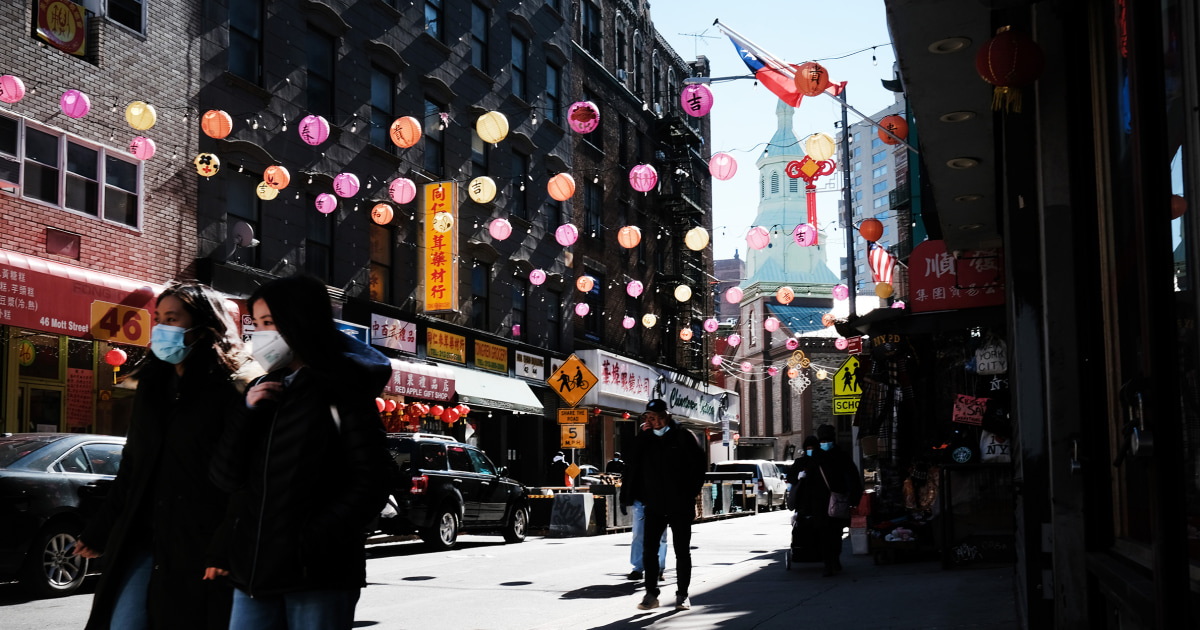
State agencies in New York will now be required to break down data for individual ethnic groups under the Asian American Pacific Islander umbrella.
A bill signed last week by Gov. Kathy Hochul mandates that any state department collecting information on ethnicity or ancestry will now have to use different categories for each major Asian group, including the Chinese, Japanese, Filipino, Korean, Vietnamese, Indian, Laotian, Cambodian, Bangladeshi and Hmong communities, which the bill names.
The same will be done for individual Pacific Islander groups, including Native Hawaiians, Guamanians, Chamorros and Samoans.
This comes after decades of advocacy by civil rights organizations, who say there is a lack of understanding about lower-income, minority Asians whose data is often lumped together with higher-earning groups.
After it was vetoed by former Gov. Andrew Cuomo, who cited lack of funds, Hochul quietly signed the bill into law Dec. 22.
“This is groundbreaking,” said Anita Gundanna, co-executive director of the Coalition for Asian American Children and Families, a group that’s spent over 10 years pushing for this change. “We started with this need for better data on our communities because so many of our community members have been struggling in silence.”
Asians in the United States have the greatest wealth gap of any ethnic group, according to a 2018 report by the Pew Research Center. Their average household income is $85,000, but that figure conceals a much more complicated narrative. Indians in the U.S., for example, are the highest earners and a median income upward of $119,000. Burmese households on the other hand make $44,000.
But a focus on the high average keeps resources away from Asian communities that need it. Government programs don’t tend to cater to their languages or neighborhoods. Charities and nonprofit groups might not have them on their radar.
“I applaud Gov. Hochul for signing this critical bill which will be instrumental to ensuring that our Asian-American communities across New York State receive the help and support they need," New York State assemblymember Yuh-Line Niou, who sponsored the bill, said in a statement. "Asian Americans are not a monolith. Our communities are the most impoverished but receive the least help, often due to the lack of culturally appropriate services or language access."
Gundanna, who works with leaders in underrepresented ethnic groups, says directing resources to those who need them starts with a fundamental understanding of what each community is up against.
“All ethnic groups that fall under the umbrella of ‘Asian American’ get ignored when you lump all of us together,” she said. “Every community is negatively impacted by bad data. Inaccurate or incomplete data basically hides struggle.”
Covid-19 brought all these issues to the surface, she said. Lower-income Asian pockets faced an intersection of crises, with their businesses disproportionately shutting down, their multigenerational households ravaged by the virus, and a rise in anti-Asian hate.
Indo-Caribbeans and Bangladeshis in New York City were ravaged by the pandemic, activists said. Existing food and housing insecurity issues were exacerbated by deadly flooding in September that submerged many Asian neighborhoods under feet of murky sewage water.
The root of the problem, Gundanna said, is that these communities tend to be unseen in the first place. With better data comes more visibility, which could bring resources directly targeted to specific ethnic groups or geographical areas.
“It’s very important that in implementing this law, the community voice is heard,” she said. “It has to be that the community understands the data being collected about them, that the community finds that the data is helpful and accurate, that the implementation is effective.”
Hochul’s signature in New York sealed for the state what has been a broader national conversation on the role of the term “Asian American” in general, when it’s useful and whom it serves.
Scholars say it’s more of an idea than a race and it represents a diverse coalition of identities. Others say they don’t feel it represents them at all, and it’s impossible to do justice to everyone with one term. For Gundanna, the AAPI label still has its place.
“Asian American Pacific Islander identity can be a very powerful one,” she said. “I find that it is so important that as we fight for a unified voice as a political identity, that we have to take the steps to understand the diversity within. It’s almost like a muscle. If you want to make a stronger muscle, you have to break it down and build it up.”
"asian" - Google News
December 30, 2021 at 01:57AM
https://ift.tt/3qrQF6o
NY gov. signs 'groundbreaking' bill to change how Asian American populations are counted - NBC News
"asian" - Google News
https://ift.tt/2STmru2
Shoes Man Tutorial
Pos News Update
Meme Update
Korean Entertainment News
Japan News Update

No comments:
Post a Comment